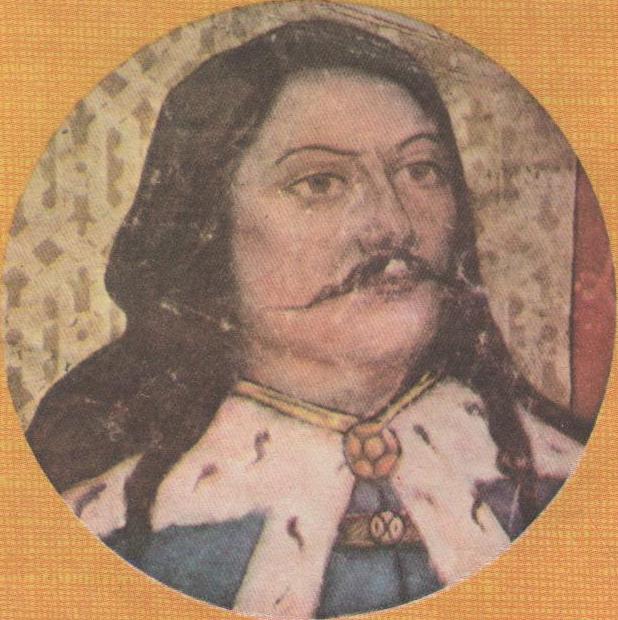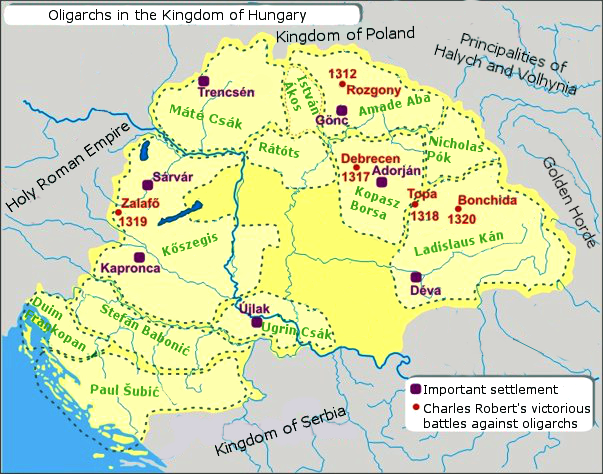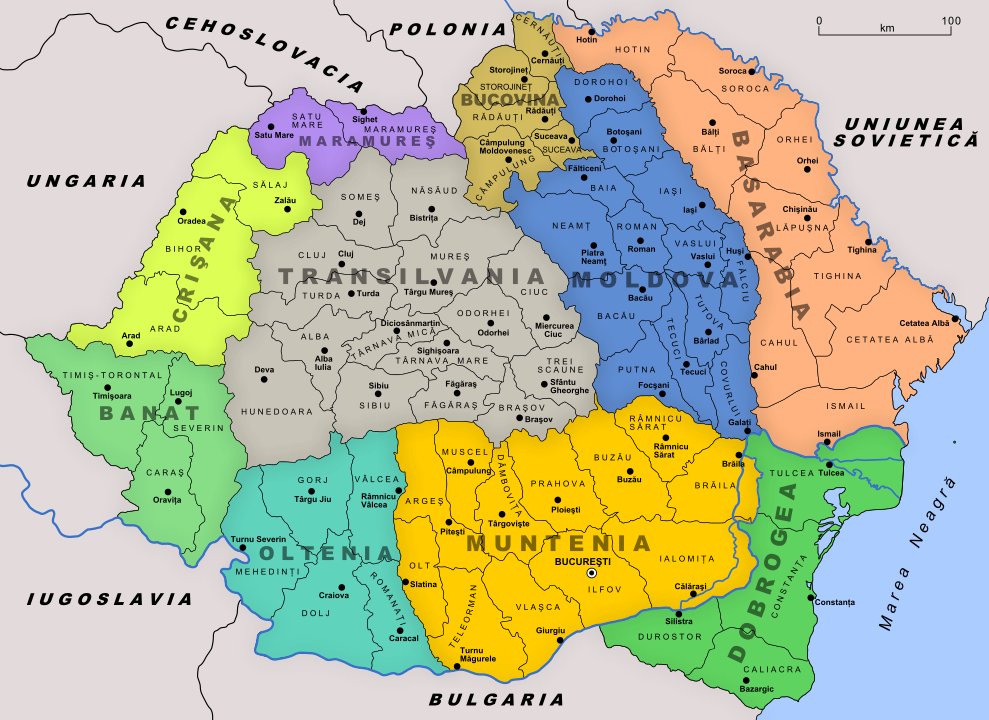
Rivers can be centres of civilizations.
But they can also be the battleground for civilizations.
A land named after a river, fights for its independence.
Story in the evening ...
But they can also be the battleground for civilizations.
A land named after a river, fights for its independence.
Story in the evening ...
https://twitter.com/Arby_K/status/1460435106363949058
Bogdan was born sometime in the 14th century. He appears to have been of Vlach origin and from the Hungarian province of Maramureş near the Eastern Carpathian mountains. The Carpathian mountains served as a boundary for the Kingdom of Hungary. 1/10 

Not far east of the Carpathians was the Mongol Empire, but by the middle of the 14th century they had been divided and their control waning. The Mongols had invaded Hungary in the 1280s, but they were pushed back at the time. 2/10 



The Sicilian House of Capet-Anjou had acquired the Hungarian throne after the extinction of the House of Árpád that had ruled Hungary from its beginning. They sought to secure the eastern borders from further Mongol invasions. 3/10 

Sometime towards the middle of the 14th century, Dragoş led many from Maramureş over the Carpathians and settled near River Moldova. This new settlement, later known as Moldavia, became a marcher province of the Kingdom of Hungary. 4/10 

The Hungarian King, Lajos, strengthened the royalty and kept the nobility inline. Bogdan may have been the voivode of Maramureş in early 1340s, but the two seem to have gotten into conflict soon after Lajos became King in 1342. 5/10 

Bogdan then went east crossing the Carpathians, displacing the Hungarian voivode of Moldavia, and broke away from Hungary. By 1365, King Lajos had taken away Bogdan's provinces in Maramureş, for his rebellion, and given it to the displaced voivode. 6/10 

Around the same time, Lithuania had defeated the Golden Horde capturing the Rus' Principality of Kyiv. This reduced the Mongol threat to Moldavia allowing Bogdan to consolidate his rule over it. 7/10 

King Lajos, in the meantime, was occupied in the Balkans and in Italy. He would also later inherit Poland from his maternal uncle, King Kazimierz, the last Polish King from the House of Piast that founded Poland. 8/10 

Moldavia continued beyond Bogdan, with varying levels of connections to Poland, Lithuania, Hungary and Byzantium. After the fall of Constantinople, it came under the Ottoman sphere of influence. 9/10 

Russia gained eastern Moldavia after the Russo-Turkish War that ended in 1812. This region is currently part of Moldova. The remaining part united with Wallachia in 1859 to form Romania. Treaty of Trianon added Transylvania to Romania in 1920, along with part of Maramureş. 10/10 



• • •
Missing some Tweet in this thread? You can try to
force a refresh















